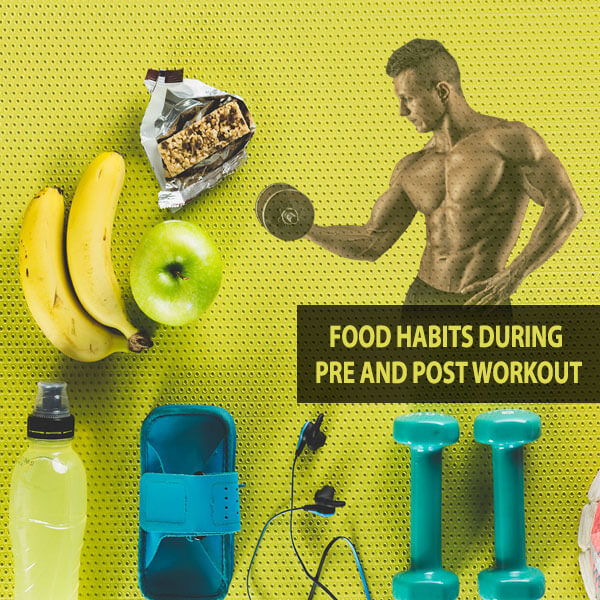 A collaborative partner of FitNet
A collaborative partner of FitNet A collaborative partner of FitNet
A collaborative partner of FitNetExercise is any bodily activity that enhances or maintains physical fitness and overall health and wellness. It is performed for increasing growth and development, preventing aging, strengthening muscles and the cardiovascular system, honing athletic skills, weight loss or maintenance, improving health and also for enjoyment.
Many individuals choose to exercise outdoors where they can congregate in groups, socialize, and enhance well-being. Proper nutrition is as important to health as exercise. When exercising, it becomes even more important to have a good diet to ensure that the body has the correct ratio of macronutrients while providing ample micronutrients, in order to aid the
body with the recovery process following strenuous exercise. Active recovery is recommended after participating in physical exercise because it removes lactate from the blood more quickly than inactive recovery. Removing lactate from
circulation allows for an easy decline in body temperature, which can also benefit the immune system, as an individual may be vulnerable to minor illnesses if the body temperature drops too abruptly after physical exercise. Good pre- and post-workout nutrition is essential for stamina, performance, replenishing energy stores and rebuilding and repairing muscle. Without sufficient fuel pre-workout will be fatigued. Without the right fuel post- workout people risk losing muscle mass, delaying recovery and storing fat mass. Diet chart is individualized depending on the intensity and duration of the session.
Carbohydrates are fuel for our engine. Ideally, one should fuel their body about 1 to 3 hours pre-workout, depending on how our body tolerates food. When digested, carbohydrates are broken down into glucose in the blood stream and stored as glycogen in the liver and muscle tissue.

Pre-workout nutrition is most important for sessions including weight training, high-intensity training and endurance exercise lasting for 45 minutes or longer. Despite having enough glycogen stored in the body to fuel 60-90 minutes of exercise, it’s best to top up these stores with a high carb meal or snack approximately 2 hours before training. Adding protein to pre-workout snack or meal is useful to slow down the release of glucose into the blood stream giving longer lasting energy while high-fat foods should be avoided before high-intensity training.
Here are some examples that would be great before a 45-minute high-intensity interval training session:
There is a 45-60 minute time period after training known as the ‘window of opportunity’. Eating within this time will mean the most efficient uptake of nutrients into the cells resulting in increased muscle mass, improvement of performance and reduced recovery time. As soon as possible post workout, immediate consumption of carbohydrate and protein is mandatory. This gives muscles the ability to replenish the glycogen they just lost through training and helps tired muscles rebuild and repair with the available protein and amino acids. It is recommended to eat within 15 minutes of completing an intense workout. Refueling after your workout has three main purposes:
Essentially, repairing any damage caused by the workout and rebuilding muscle size and/or quality. Good post workout nutrition has been found to increase bone mass, improve recovery, cater immune function and increase the body’s ability to utilize fat stores.
A meal or snack includes both carbohydrates and proteins in a ratio of 4:1 where carbohydrates act to replenish glycogen stores and stop the breakdown of muscle and protein plays a vital role in the rebuilding of muscle tissue and muscle recovery.
Post-workout meals include:
Supplementation can be incorporated but after consulting the dietician. Studies explain that supplementation vary from man to man, as components are different. So, nutrition is the root of well being. The aim of work out can be achieved when proper dietary intake as per body composition and life style is fulfilled.
COMMUNITY NUTRITIONIST & CLINICAL DIETICIAN


Facebook Comments